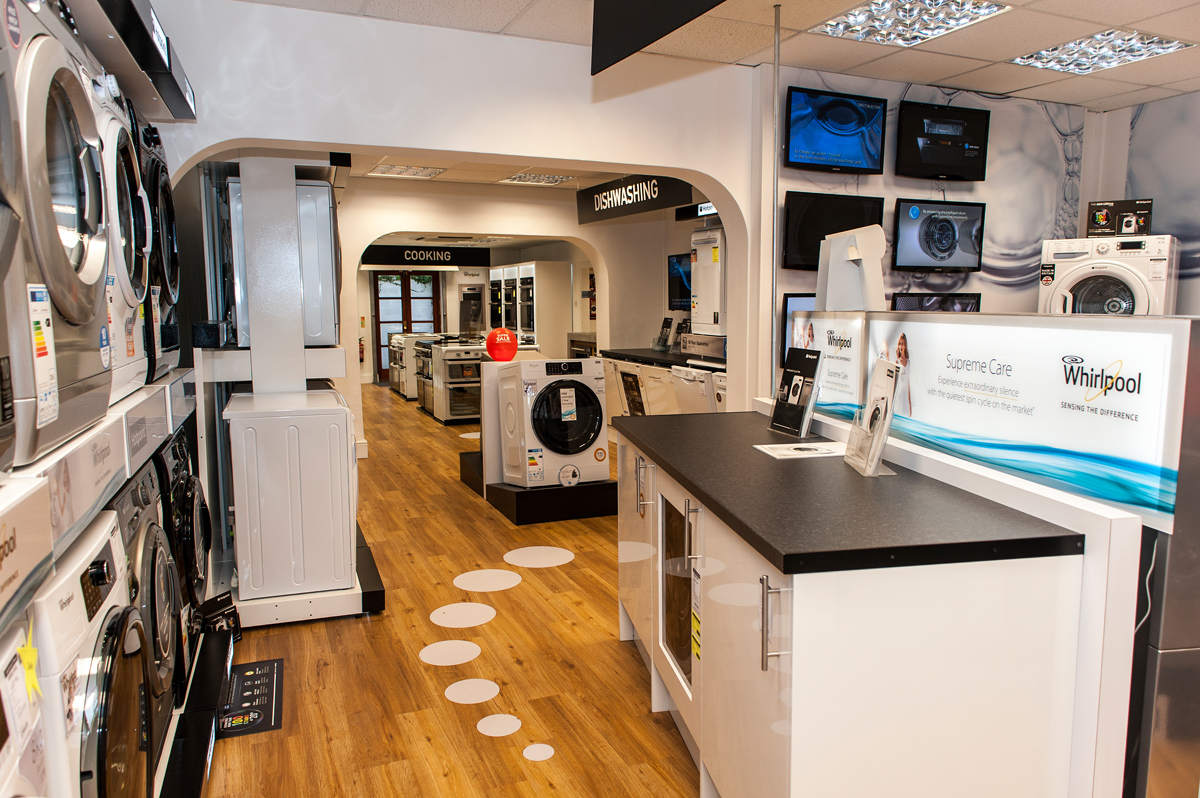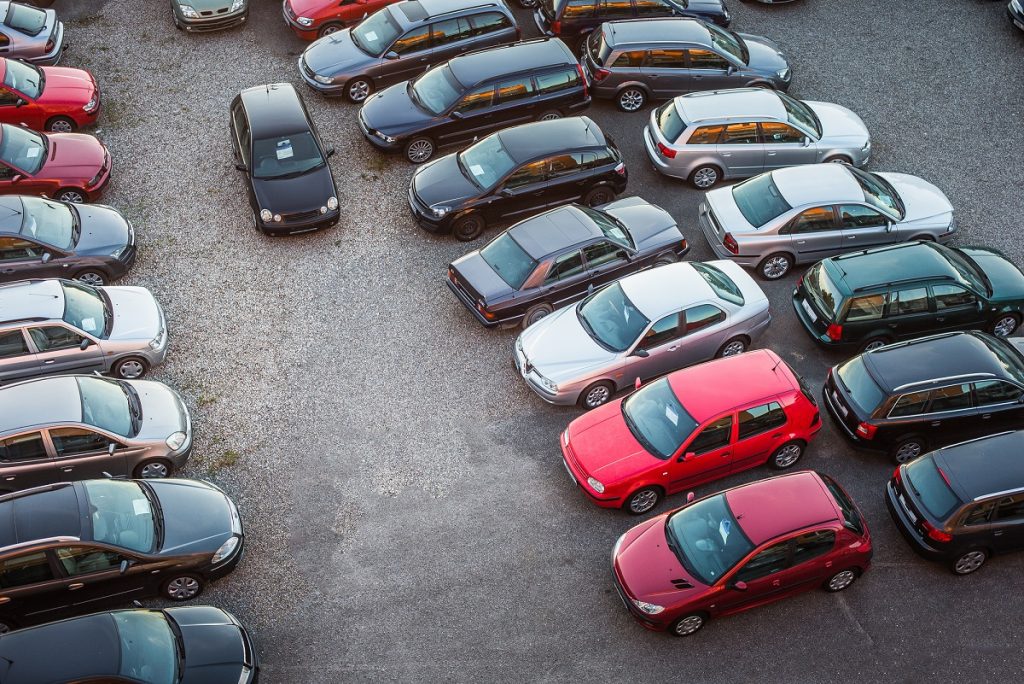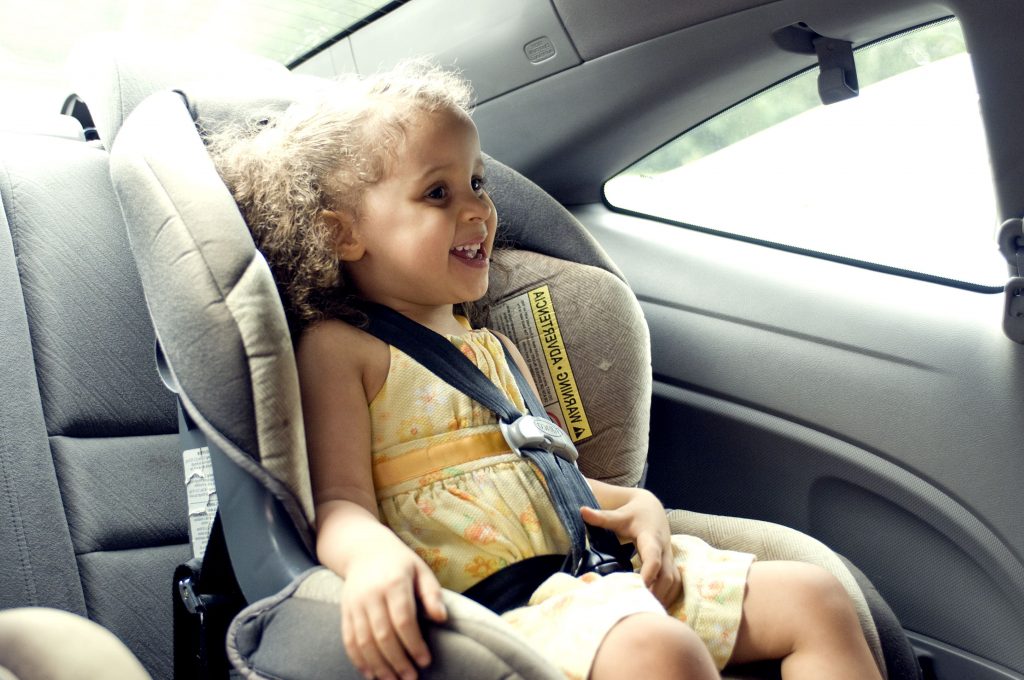A Guide to Buying a Second Hand Car

Business Profile – Beacon Electrical
26th January 2017
OM Magazine, Issue 98, March 2017
27th February 2017 Buying a brand new car might come with lots of perks, but they lose on average more than 27% of their value in the first 12 months, with just 10,000 miles on the clock, according to MoneySavingExpert.com. Buying a car that is at least one year old is usually better value for money, but what should you keep in mind when choosing a second hand car?
Buying a brand new car might come with lots of perks, but they lose on average more than 27% of their value in the first 12 months, with just 10,000 miles on the clock, according to MoneySavingExpert.com. Buying a car that is at least one year old is usually better value for money, but what should you keep in mind when choosing a second hand car?
Running Costs
A car might seem like an excellent price, but keeping it running from month to month could leave you out of pocket. Do your research before you browse the forecourt. It’s useful to have a few ideal cars in mind, with a good understanding of their running costs and reliability. A smaller engine will be cheaper to run than a large one. A 1.2 – 1.4 litre engine is good and economical for most drivers, particularly those who are younger or less experienced.
This will also affect the tax and insurance – if you have an ideal car in mind, set up an insurance quote on it to find out what premium you’ll be looking to pay on it. Cars are also placed into insurance groups numbered 1-50, with group 1 generally being the cheapest. It’s not always completely reliable, but it’s a good indication.
Know what tax you’ll be paying for the car. Go online to check the tax and even the estimated fuel consumption. Remember that tax no longer transfers to new owners, but some private adverts still state that the car comes with a number of month’s tax. This is incorrect and must be bought as soon as you take ownership of the vehicle. Bear in mind that it’s best to buy a car at the start of the month because, for example, a car bought and taxed on 25th March will have the tax back-dated to the start of the month. Either declare it off the road until the beginning of the next month, or be prepared to pay for a whole month’s tax that you won’t have used.
Your Requirements
Think about your day-to-day activities and how you’ll be using the car. A three-door might be popular and slightly cheaper, but if you have children who need to sit in the back, a five-door will be more practical. If you need to fit children’s car seats, does it have ISOFIX? Is there enough boot space for you? Is there enough space in the passenger and back seats if you regularly travel with others? Will you need to tow a trailer? Is air-con important, and is the car the right size for you? If you have trouble parking or have a small driveway, consider a smaller car.
If you don’t feel confident checking over the quality and condition of the car, then take someone with you who has more knowledge (it’s good to get a second opinion regardless). Does the car seem like it’s been well-looked after? Check for dents and scratches. Do the tyres look worn and in need of replacing? How many owners has it had and does the mileage match the age of the vehicle? When is the MOT due? Ask if there were any advisory notes so that you’re aware of potential problems and repairs.
If you’re insured to drive other vehicles, request a test drive. Alternatively, ask the seller to drive it with you in the passenger seat, or take someone along who can test drive it for you. Check that the engine starts smoothly and listen out for any unusual noises. Check that the lights and horn work, and look over the windscreen wipers. Make an emergency stop to make sure the brakes are working efficiently, and make a three-point turn to check that it steers well.
Genuine sellers
Ask for the car manual if they have it, and the logbook and any spare keys, plus any other relevant paperwork. A quick check online at Gov UK will give information on the MOT due date if you’re unsure. Another useful data check can be made via the AA website. It costs £18.99 to look up one car, but it will check whether the car has outstanding finance, been written off, had a plate transfer, been recorded as stolen or has a mileage discrepancy. It’s well worth it if you’re buying from a private seller, although dealers will usually have checked this already.
Before you drive away
Some dealers offer a week’s insurance with the vehicle which will allow you to drive it home before shopping around for a good deal. Some don’t offer this, and private sellers won’t, so check before you drive away. Take a smart phone with you so that you can look up and buy car insurance before you get behind the wheel – it’s illegal to drive without it, even if you’ve only just bought the car. If you still have comprehensive insurance on another car, you might be insured to drive your new one, so make sure that you’ve looked this up. Alternatively, ask the dealer to keep hold of the car while you go away to sort out insurance.
You’ll also have to tax the vehicle before you can drive it away. It’s quick and easy to do online, again, using a smart phone if you have one, or you can call or visit a nearby post office. Make sure that you have valid MOT and insurance before doing this. As the car won’t yet be registered in your name, you’ll need the 12-digit reference number on the New Keeper Supplement.
Useful Websites and Numbers
carfueldata.dft.gov.uk
www.gov.uk/check-vehicle-tax
www.gov.uk/vehicle-tax
Tax over the phone: 0300 123 4321
www.theaa.com/car-data-checks
www.moneysavingexpert.com/car-finance/buying-used-car





